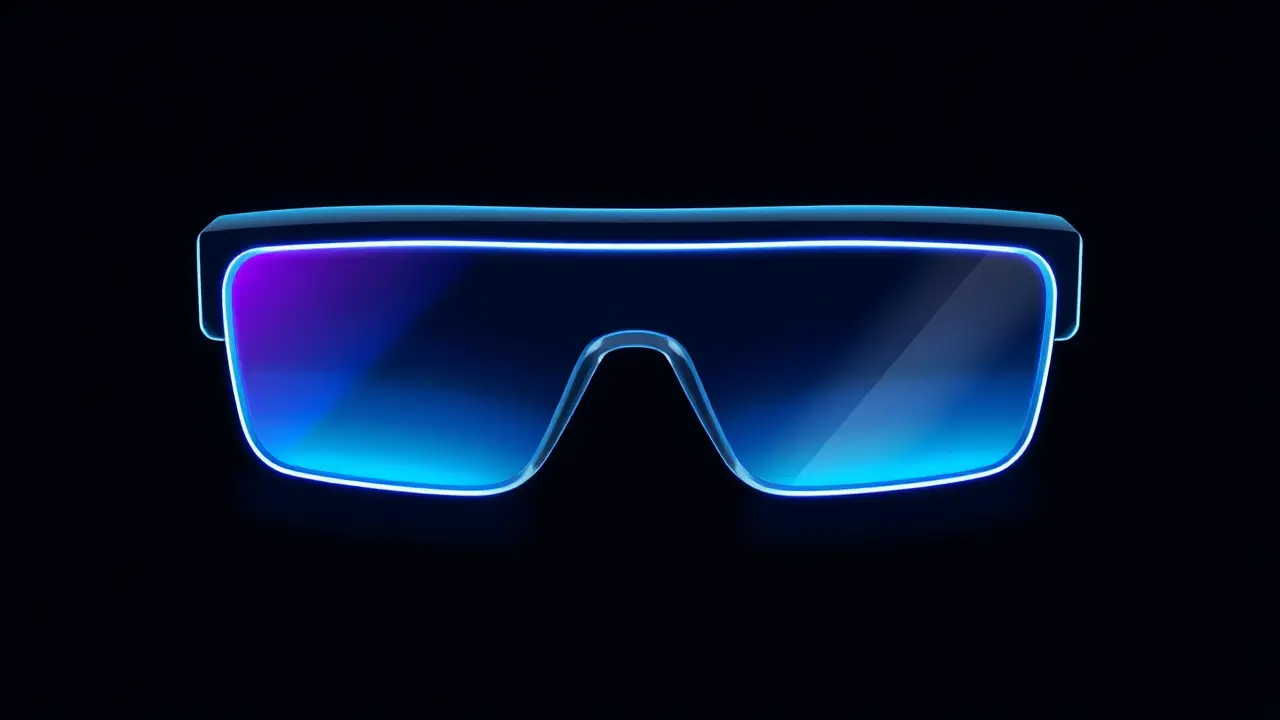
AInlp & speechChatbots and Voice Assistants
Meta's smart glasses add touch shortcut for calls and texts.
AN
Andrew Blake
2 hours ago7 min read1 comments
The persistent, faintly embarrassing ritual of publicly intoning 'Hey Meta' to activate one's smart glasses may finally be getting a much-needed, discreet alternative. Meta has just rolled out a 'quick connect' feature via its 19.2 software update, a touch-based shortcut that feels like a quiet admission that voice commands in crowded spaces can be socially awkward. This new functionality allows users to designate a single, go-to contact—a partner, a best friend, a frantic family group chat—and, with a simple press and hold on the glasses' touchpad, instantly initiate a call or dispatch a text through a preferred app like WhatsApp, Instagram, or the phone's native messenger.It’s a clever piece of pragmatic design, reminiscent of the 'action button' found on the more niche Oakley Meta Vanguard glasses, though intentionally more focused. This isn't about offering a universe of options at your fingertips; it's about streamlining the one communication that matters most in the moment, a digital equivalent of a quick, knowing glance across a room.The utility extends beyond mere conversation, too, allowing you to immediately fire off a freshly captured photo or video to that same designated person, effectively turning the glasses into a hyper-specialized broadcasting device for your inner circle. This move is fascinating within the broader trajectory of human-computer interaction.We've swung from the tactile satisfaction of physical keyboards to the expansive, sometimes clumsy, gestures of touchscreens, and then into the promised land of always-listening voice assistants. But that promise often stumbles against the hard wall of social reality.Talking to your devices in public can feel performative, intrusive, or just plain silly, a hurdle that even the most capable AI hasn't yet overcome. Meta’s introduction of a tactile shortcut is a tacit acknowledgment of this friction, a step back from a purely voice-first future towards a more blended, context-aware interface.It suggests that the ultimate wearable tech won't be the one that shouts its capabilities from the rooftops, but the one that operates with quiet efficiency, understanding when a whisper or a tap is more powerful than a spoken command. During its recent Connect event, Meta also hinted at a future with more flexibility, previewing updates that would let third-party developers set their own wake words for their apps on the platform.This opens the door to a less monolithic experience where you might say 'Hey Spotify' to control your music instead of always defaulting to the corporate 'Hey Meta'. Yet, even with this potential for customization, the core dependency on voice isn't disappearing.The 'quick connect' feature, therefore, isn't a replacement for the assistant but a vital pressure valve, a way to handle the most common tasks without breaking social decorum. It reflects a maturation in the smart glasses market, moving beyond a mere tech demo to consider the nuanced realities of how we actually live with technology on our faces.It’s about reducing the cognitive and social load, making the technology recede into the background where it belongs, rather than constantly demanding the foreground of our attention with verbal invocations. For early adopters who've felt the subtle cringe of talking to their glasses on a busy street, this is more than a minor software patch; it's a validation of their unspoken discomfort and a significant step towards making smart glasses feel less like a gadget and more like a natural, unobtrusive extension of oneself.
#Meta
#smart glasses
#quick connect
#voice commands
#touchpad shortcut
#featured
Stay Informed. Act Smarter.
Get weekly highlights, major headlines, and expert insights — then put your knowledge to work in our live prediction markets.
© 2025 Outpoll Service LTD. All rights reserved.